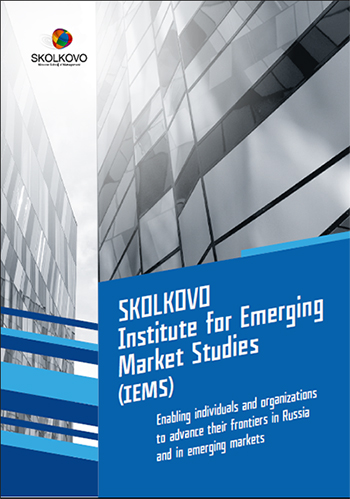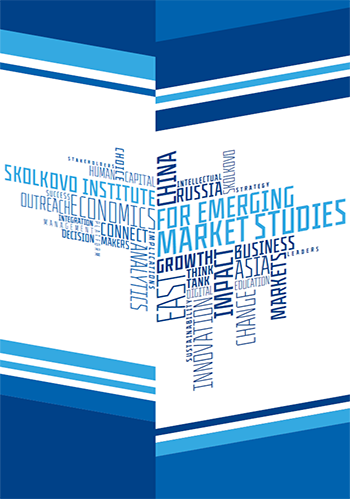Rapid Growth Markets Soft Power Index: Spring 2012
At its core, soft power rests on the ability to shape the preferences of others. If one is able to get people to do what one wants, there is no need to use either “carrots” or “sticks.” The ability of a nation to influence others tends to be associated with intangible assets such as an attractive personality, culture, political values and institutions and policies that are seen as legitimate or having moral authority.
However, soft power is more than just the ability to influence others. Influence, after all, can also rest on the hard power of threats or payments. Furthermore, soft power is more than just persuasion or the ability to move others by argument, although that is an important part of it. It is also “the ability to attract, and attraction often leads to acquiescence.” 2 For example, it has been argued that the United States exerted more global influence during the past half century using its soft power than it did using its rather considerable hard power. Much of the post-World War II movement toward free trade and democracy was the direct result of the world wanting to emulate America’s culture, institutions and values.
Several recent trends have made the deployment and use of soft power even more critical. The first has been the recent economic surge of the emerging market (EM)3 economies. After decades of boom and bust cycles, the EM economies have enjoyed an enormous growth advantage over developed market (DM) countries since the turn of the century. While the EM growth story before the turn of the century had largely been a Chinese phenomenon, economic growth since then has been steady and broad based, incorporating most EM regions (Central and Latin America, Eastern Europe, MENA, South and East Asia and even sub-Saharan Africa).
The rise in EM hard power over this decade has been dramatic. In 2000, the emerging world accounted for 20% of global GDP but, by 2010, this figure had risen to 32% as well as 44.8% by Purchasing Power Parity (PPP).4 Over the same period, its share of world trade rose from 8% to 20%, while its share of global equity market capitalization rose from 7% to 30%.
One of the crucial questions that first arises is whether soft power in the emerging world has risen commensurately with its hard power during the past decade. If so, has it reached levels where some of the EM economies can now challenge those of the developed world? If it has, the combination of rising soft and hard power will give many EM countries considerably more influencing power in obtaining what they want in the coming years. For example, the recent augmentation of the emerging world’s share of voting rights in international institutions, such as the World Bank and the IMF, could be reflective of their rising soft power.5 On the other hand, if soft power in the emerging world is actually falling, it could offset much of its hard power gains over the past decade, and dilute the impact of EM’s growing economic influence — which is hard power — on the global stage.
Second, while the focus of this paper is largely on the rapid-growth market (RGM)6 economies, the issue of soft power has quickly become a critical issue for much of the developed world. The collapse of economic growth and soaring levels of indebtedness in many of the OECD countries since 2008 has been nothing short of devastating. Future defense budgets and foreign financial aid are now entering the early stages of being significantly downsized. With fewer hard power and diplomatic resources to deploy, soft power tools — especially those not financed by the government — will need to be employed with more regularity and intelligence.7 Unless the countries of the developed world are able to maintain (or possibly augment) their soft power during the coming decade, they will most certainly face a scenario in which their ability to influence events and move the world the way they want will be greatly diminished.
In short, in a world where hard power has become increasingly counterproductive (witness the recent Arab Spring), soft power has gained widespread currency and is now regarded as an important and comprehensive indicator of national strength.
View in PDF.
Contact us
-
SKOLKOVO IEMS
+7 495 539 30 03
SKOLKOVO Sustainable Business Center monitoring
Leave your contact details and we will send you our monthly monitoring



